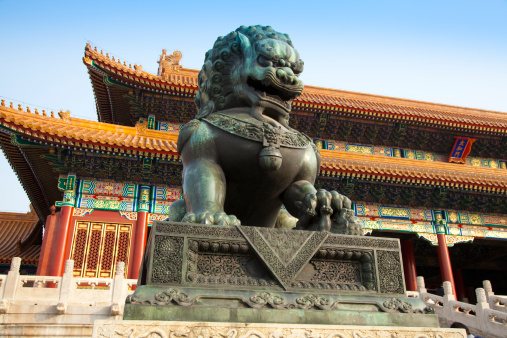Telecom & Wireless
Xiaomi: Bigger Than BlackBerry, More Popular Than Apple
Published:
Last Updated:

The Chinese company owns the sixth largest market share in its home country — ahead of Apple Inc. (NASDAQ: AAPL), according to research firm Canalys. Xiaomi’s share in the second quarter totaled 5% to Apple’s 4.8%.
Xiaomi’s secret is that it makes smartphones that ordinary Chinese consumers can afford to buy. According to the Financial Times, the company’s most recent low-cost phone is priced at $130 and the company sold out its first batch of 100,000 units in just 90 seconds. The company also sells direct to consumers in batches of limited numbers, giving the phones the patina of a collector’s item.
China’s largest handset maker, Lenovo, is second only to Samsung in Chinese market share, and Canalys noted that the company doubled its global market share last quarter. Lenovo’s market cap is also right around $10 billion.
Xiaomi’s clever marketing has helped it overcome what is probably its biggest challenge — the number of competitors in the Chinese market. A report from Canalys earlier this year indicated that there are more than a thousand no-name smartphone makers in China, and many sell Android-powered phones for as little as $80. Xiaomi has found a way to stand out from the crowd and get a premium price for the devices it sells. That is pretty impressive.
The big selling point for phones in China is the Android operating system from Google Inc. (NASDAQ: GOOG). While that may seem to be a positive for Google, which gives away Android but charges for apps like Gmail, Maps and Chrome, it has not quite worked out that way. Xiaomi and the other no-names either develop their own apps or license a locally made alternative.
And the cheaper Android-based phones are spreading around the globe too, currently accounting for about 20% of global sales of smartphones. In addition to Lenovo and Xiaomi, Huawei, Yulong and ZTE are the international players. Yulong and Lenovo have pushed BlackBerry and Nokia Corp. (NYSE: NOK) out of the top five global handset makers.
The Chinese firms still ship far fewer handsets than either Samsung or Apple, but the two giants lost global market share last year, while the larger Chinese companies gained more than 5%. BlackBerry, HTC and Nokia combined dropped half their market share year-over-year in the second quarter, according to Canalys.
Phones from Apple and Samsung will continue to dominate as demand grows at the high end. But the projected growth at the low-end of the smartphone market can only be called explosive. And that is where Xiaomi, Yulong, Lenovo and the others make their living.
If you’re one of the over 4 Million Americans set to retire this year, you may want to pay attention.
Finding a financial advisor who puts your interest first can be the difference between a rich retirement and barely getting by, and today it’s easier than ever. SmartAsset’s free tool matches you with up to three fiduciary financial advisors that serve your area in minutes. Each advisor has been carefully vetted, and must act in your best interests. Start your search now.
Don’t waste another minute; get started right here and help your retirement dreams become a retirement reality.
Thank you for reading! Have some feedback for us?
Contact the 24/7 Wall St. editorial team.